Table of Contents
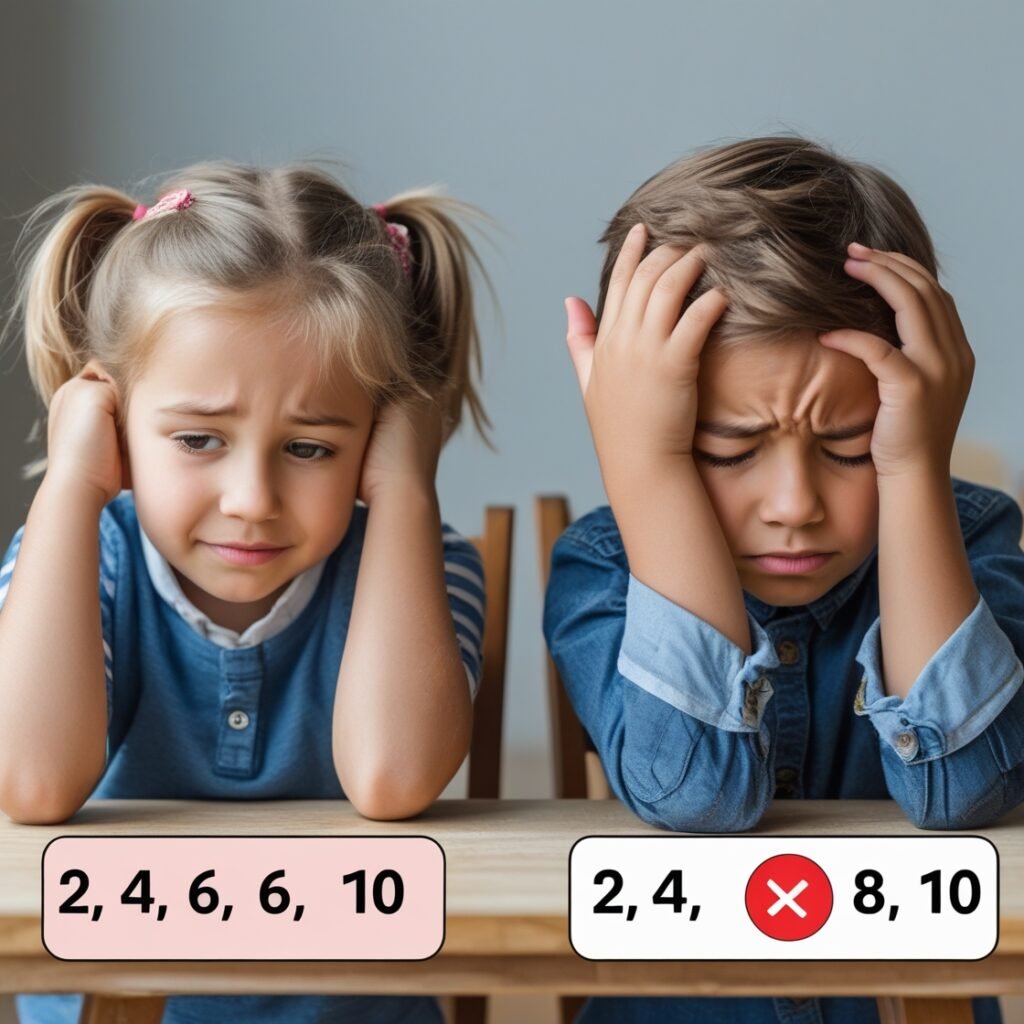
Every year, parents wait anxiously for that one paper—report cards. The scores are totaled, subjects are labeled, and a child’s academic journey seems defined in numbers and grades. But what if we told you that report cards only reveal half the story?
This is where quiz games for 2nd Class become more than just “playtime.” They become mirrors reflecting what the report cards miss.
Let’s dig deep into the hidden problems that quiz games can expose—problems report cards often overlook.
Problem 1: Memorization vs. Understanding
A student gets an A in EVS, but when asked, “Why do we need to save water?” they fumble. Why?
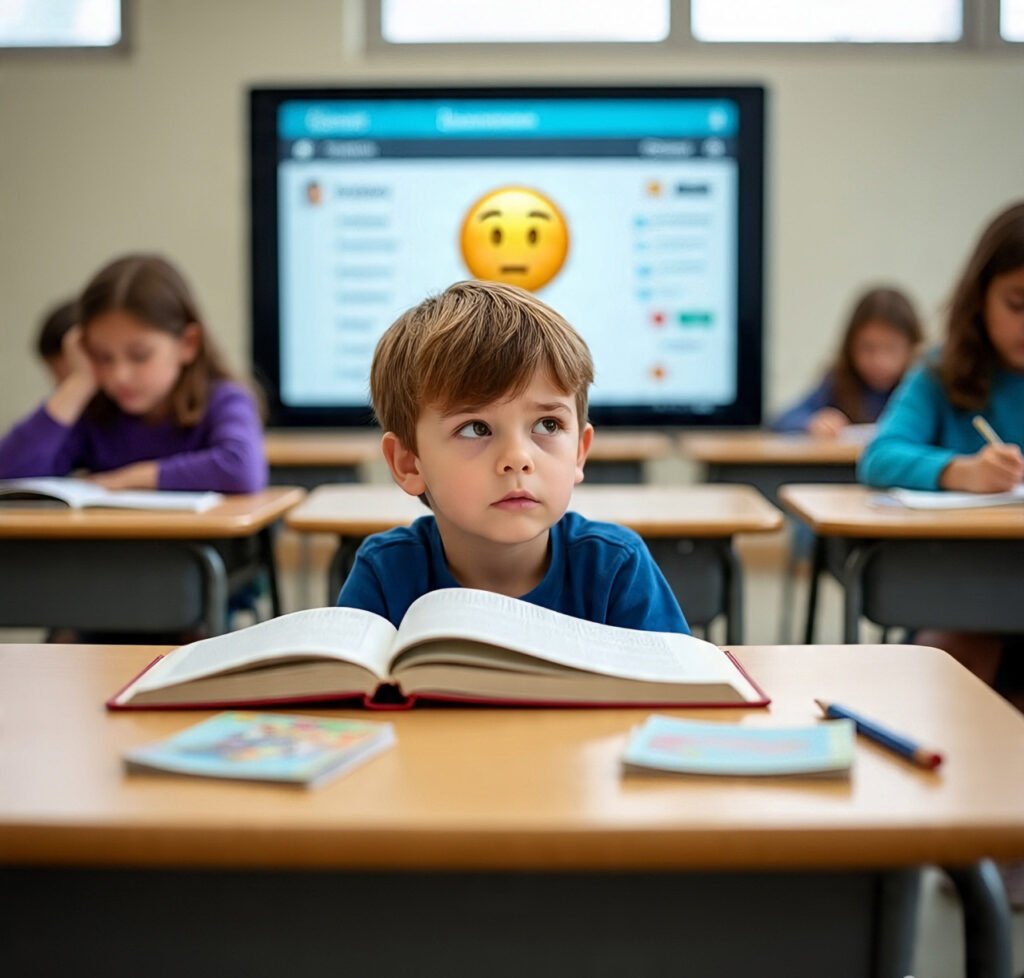
Because many 2nd Class students memorize without understanding. Report cards can’t tell you how they got the answer—only that they did. But a quiz game, when timed or shuffled, disrupts the rote pattern.
For example, if the options are mixed up:
- “Water is important for
- A. Playing
- B. Cooking
- C. Sleeping
If the child guesses or hesitates, the game highlights the lack of conceptual grasp. That’s a red flag report cards won’t raise.
Problem 2: Surface-Level Learning

Some children score well in English writing but can’t identify basic grammar when asked in a different format.
Report cards reward format-following: write neatly, answer in full sentences, and tick all teacher checkboxes. But quiz games disrupt this structure. They:
- Remove context
- Add challenge
- Change phrasing
Suddenly, the child has to think, not follow. If they can’t, the game uncovers surface-level learning, showing what hasn’t actually sunk in.
Problem 3: Poor Retention Over Time
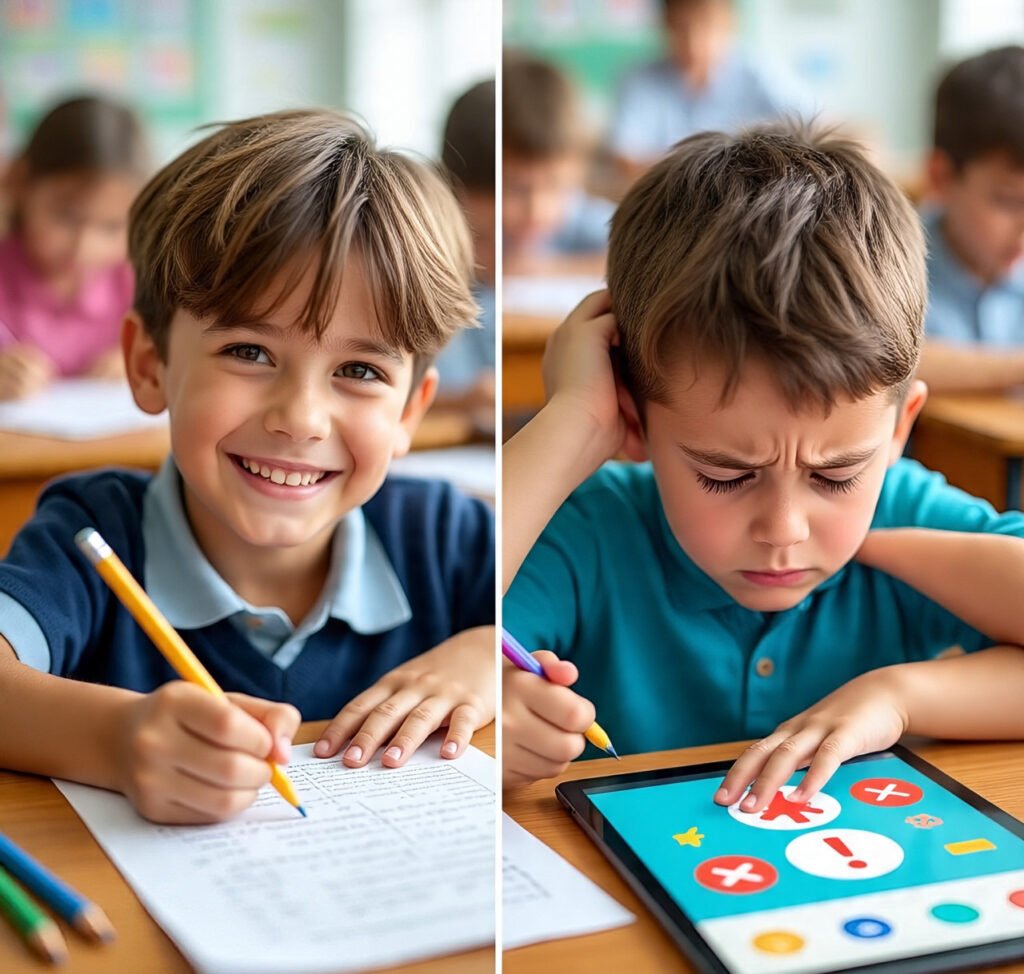
Report cards are based on fixed exams. But what happens a month later?
Quiz games for 2nd class reveal retention gaps. For example:
- A math quiz asks: “What is 9 + 6?”
- The child answers wrong. But they had scored 10/10 in their test last month.
This inconsistency shows a retention issue, not reflected in any grade sheet.
It’s a quiet problem but one that builds frustration over time.
Problem 4: No Room for Real-Time Thinking
In exams, students usually revise, prepare, and then write with time on their side.
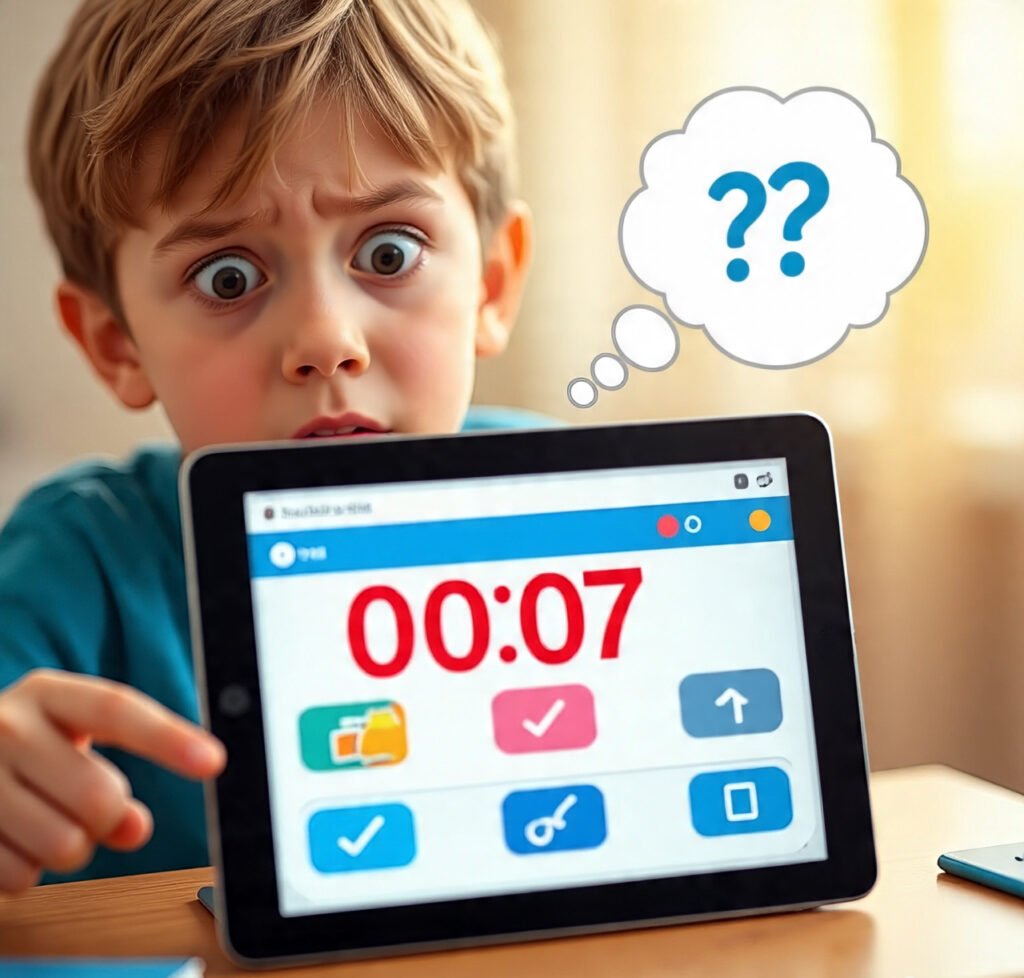
But in the real world, thinking has to be instant and active Thinking.
Quiz games, especially timed ones, show how fast a child:
- Recalls
- Applies
- Adapts
If the child constantly runs out of time or second-guesses answers, the game reveals a slow cognitive reflex, often hidden behind neat report card numbers.
🧱 Problem 5: Fear of Being Wrong
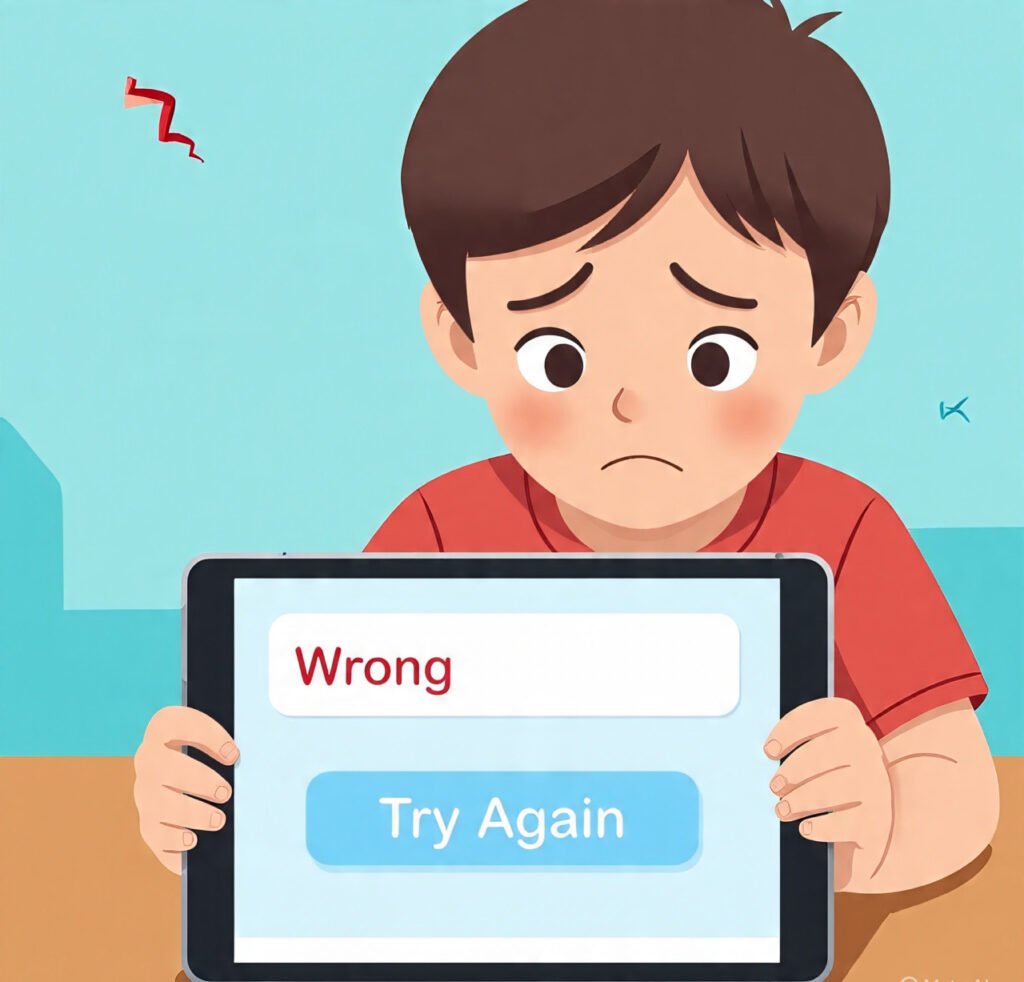
Classroom systems reward correctness. Children learn to fear mistakes. Report cards reflect that fear safe answers, avoided risks, skipped challenges.
Quiz games for 2nd class, especially with retry options, expose:
- If a child learns from feedback
- If they improve after a wrong answer
- If they stop midway out of fear
This shows emotional resistance to learning something critical for long-term growth, but invisible in grades.
🔍 Problem 6: Skipped Basics That Backfire
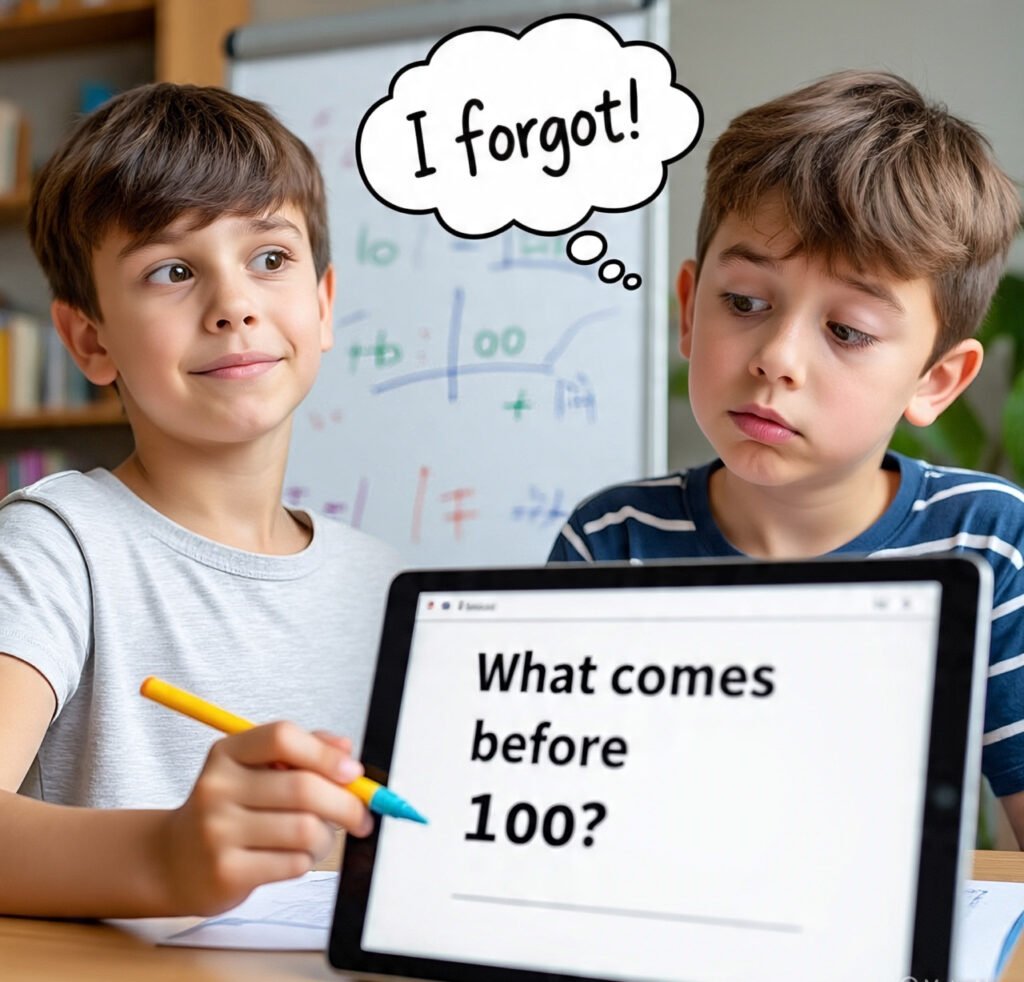
A child scoring well in advanced math might not know:
- What comes before 100?
- Is 3 more than 7?
Sounds silly? It’s not.
Many 2nd class students skip core concepts too early either due to tuition shortcuts or exam coaching. Report cards reward the result, not the journey.
But quiz games check every corner—asking a mix of basic and complex questions. If a child gets the “hard” one right and the “easy” one wrong, the game exposes unstable foundations.
🎯 Problem 7: Guesswork Hidden as Intelligence
You’ve seen it—the child who always tops the class but stumbles when asked,
“Why did you choose that answer?”
They shrug, smile, or say, “Just knew it.”
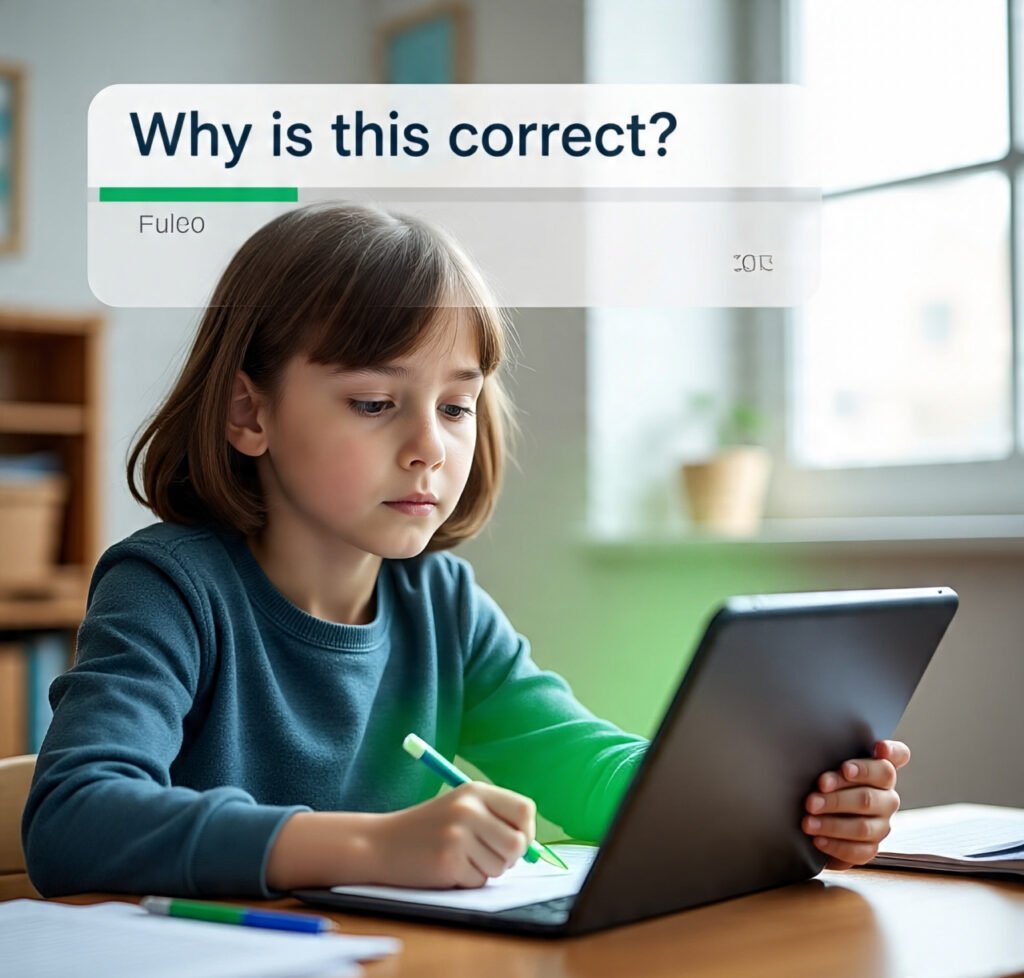
That’s not confidence. That’s intelligent guessing—and report cards don’t catch it.
But quiz games for 2nd Class can.
They expose guesswork when:
- Options are closely related (e.g., 12, 21, 22, 20)
- Hints are removed, forcing real understanding
- Question phrasing changes, requiring comprehension over memory
Suddenly, the confident student hesitates. The mask drops.
Quiz games don’t reward lucky guesses.
They reward thinking—and that’s the difference report cards miss.
🧩 Problem 8: Rigid Thinking Patterns

A typical quiz games for 2nd class report card checks “application” in maybe one section. But in reality, application is about:
- Flexibility
- Trying new ways
- Connecting dots
Quiz games make students face curveballs. If they can’t apply addition logic to a word problem, or identify a pattern that’s slightly tweaked—they’re thinking rigidly.
This shows lack of cognitive flexibility, a foundational skill for higher learning.
🚦 Problem 9: Attention Span & Impulse Control
Can the child stay focused for 10 questions?
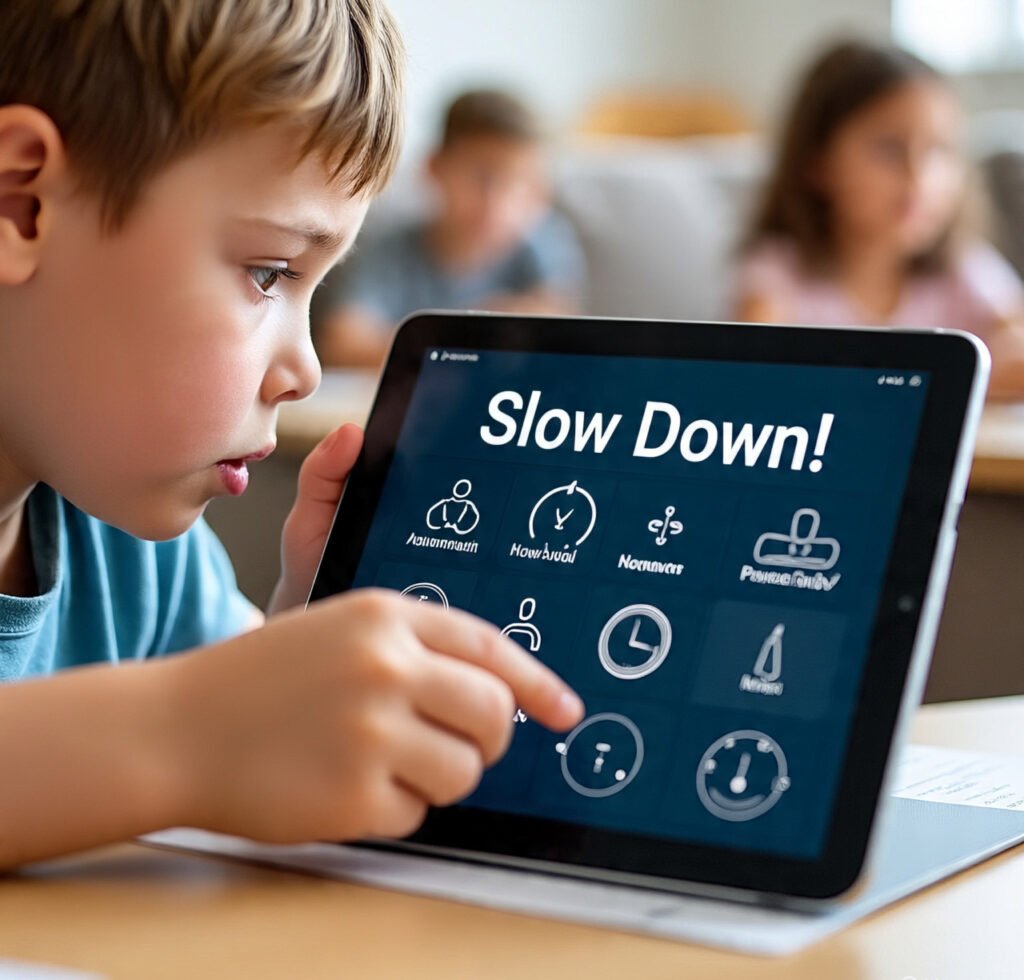
Can they avoid clicking random options just to finish fast?
Quiz games quietly record:
- Click patterns
- Time taken
- Repeated errors
These show problems in impulse control, attention span, and even motivation. None of this appears in a report card—but all of it matters in real learning.
⚙️ Problem 10: Learning Style Blind Spots

Some children don’t perform well in traditional paper tests but shine in visual or auditory formats.
Quiz games include:
- Images
- Audio cues
- Interactive logic
Suddenly, a child who was average in class starts scoring full marks. This isn’t a fluke—it’s a sign of a mismatched learning style. Report cards don’t detect that. Quiz games do.
✨ Final Thought: Where Report Cards Stop, FocusFun Begins
Quiz games for 2nd Class reveal the learning truth what’s stuck, what’s missing, what’s misunderstood. They remove the mask that report cards sometimes wear.
If you’re a parent or educator looking beyond grades FocusFun is your lens.
Our specially designed Quiz Games go beyond fun. They help uncover:
- Real comprehension
- Memory gaps
- Logic skills
- Learning mindset
Because we believe every child deserves to be understood—not just evaluated.
🔗 Discover how FocusFun quiz games unlock learning potential
FAQs
1. How do Quiz Games for 2nd Class show learning gaps that report cards miss?
Report cards only show final scores, but Quiz Games for 2nd Class reveal where the child is guessing, struggling, or giving up—offering real-time insights into actual understanding.
2. Why are some kids with good grades still poor in basics?
Because grades often reflect memorization, not mastery. Quiz Games for 2nd Class bring out basic skill gaps in reading, logic, or comprehension that grades alone can hide.
3. Can quiz games show how a child thinks, not just what they know?
Yes. Quiz Games for 2nd Class track how children approach a question—whether they think critically, guess blindly, or skip—something report cards never measure.
4. Do quiz games detect performance anxiety in children?
Absolutely. If a child performs well in a quiz game but poorly in exams, it shows test fear. Quiz Games for 2nd Class help uncover emotional blocks that affect academic performance.
5. Why are quiz games a better way to evaluate real learning?
Because they’re interactive, engaging, and detailed. Quiz Games for 2nd Class capture small but important patterns like hesitation, confusion, or overconfidence that report cards overlook.
